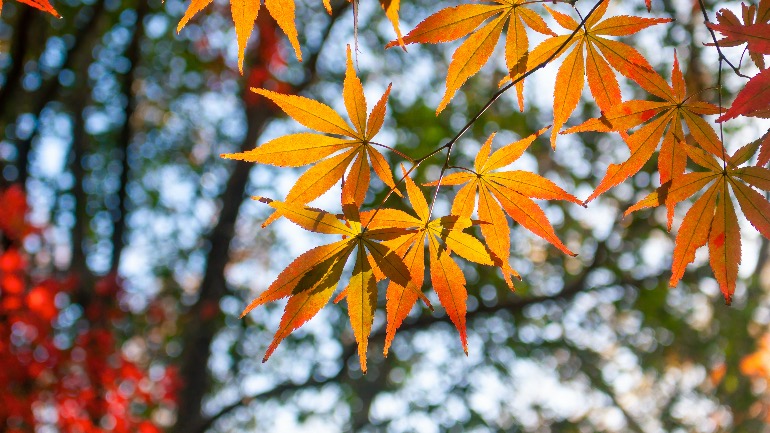It is not difficult to realize emptiness. Unfortunately, because we do not practice the preliminaries, have not developed renunciation or bodhicitta, and have neither accumulated merit nor repented our wrongdoing, we only experience dullness or anxiety during meditation.
- Quote from Are You Ready For Happiness? Don't Let the Paper Tiger Scare You Off, "How to Face Suffering"











